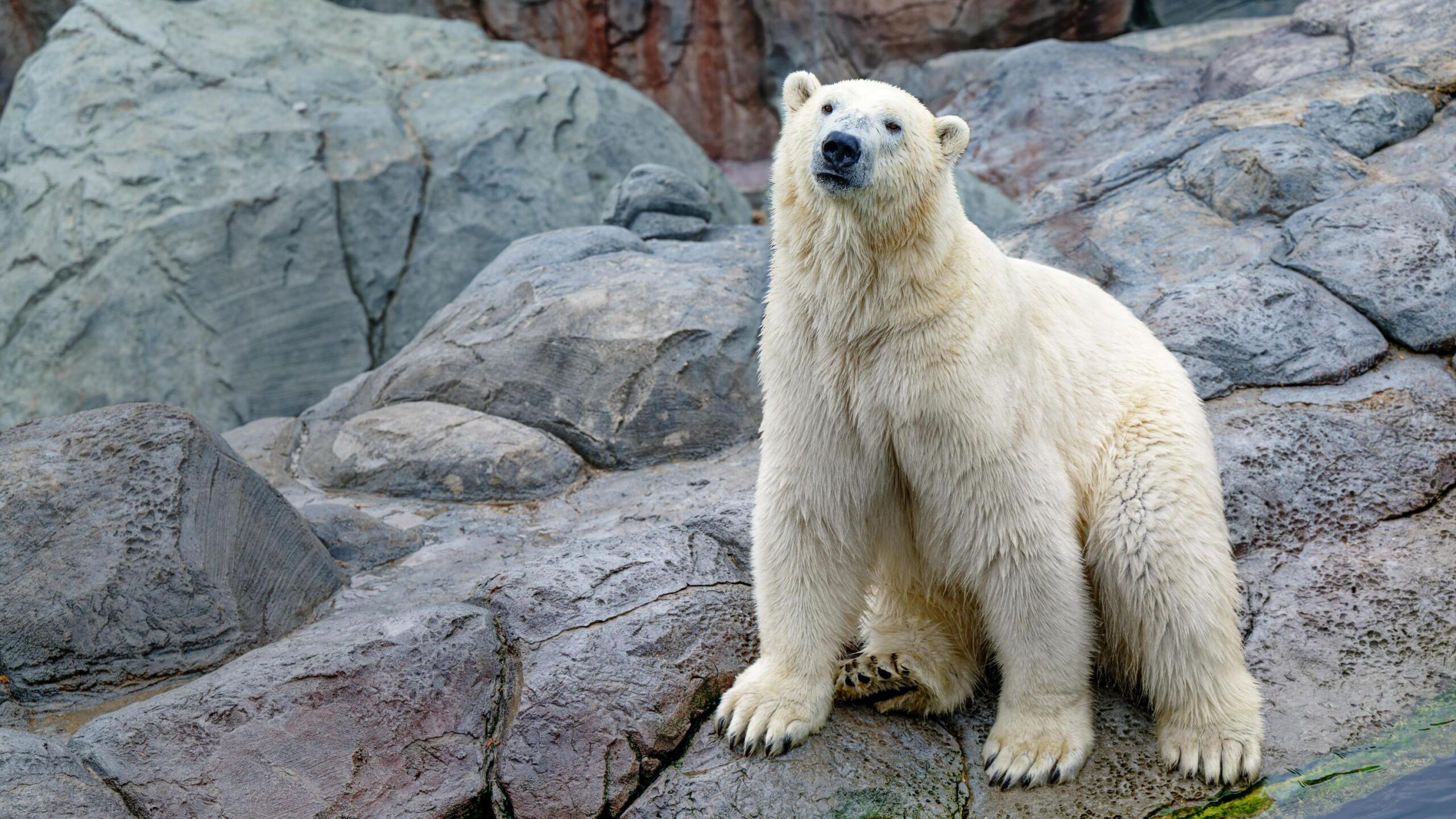Arctic Adventure is an age-appropriate, hands-on, and engaging educational experience that introduces our young students to the wonders of the Arctic and the incredible polar bears that call it home. Students will investigate and reflect on the question, “How can we help polar bears thrive in the changing Arctic?” Through interactive activities, games, and captivating stories, children will be inspired to develop a love for wildlife and a sense of responsibility for the environment.
Length: 60 minutes
Program times: 10:00 a.m., 11:15 a.m., 12:45 p.m.
Maximum students: 27
Cost:
- January-March: $240
- April-June: $295
Register Now
Curricular Connections
Kindergarten
Earth Systems:
- Demonstrate respect while interacting with environments.
- Respect a local environment in nature.
- Discuss the importance of protecting and respecting environments.
- Identify ways to protect and respect environments.
Matter/Energy:
- Observe and imitate how animals can move.
- Examine the reasons why humans and other animals move.
Grade 1
Living Systems:
- Determine how a local environment meets the basic needs of plants and animals.
- Discuss the movement of local animals from place to place to meet their needs.
- Observe and describe similarities and differences between plants and animals.
Earth Systems:
- Discuss how changes in the appearance of environments, plants, and animals are related to the seasons.
- Represent an environment in different seasons to show environmental changes.
- Investigate animal behaviour throughout the seasons, including migration and hibernation.
Grade 2
Living Systems:
- Discuss ways to respect plants and animals while interacting in various environments.
- Explain positive and negative impacts of human behaviour on plants and animals.
- Discuss how humans might interact with land, plants, and animals if they see land, plants, and animals as equals.
Earth Systems:
- Discuss how various components of Earth interact to support life.
Matter/Energy:
- Test properties of various materials.
Grade 3
Living Systems:
- Classify animals in a food chain as carnivores, herbivores, or omnivores.
- Investigate and discuss how plants and animals respond to stimuli in their environments in order to survive.
- Explain interconnections in environments, including how plants depend on animals and how animals depend on plants to survive.
Earth Systems:
- Relate human activities to changes in Earth’s surface.
- Discuss the interconnectedness between human activities and responsibilities for maintaining Earth.
Matter/Energy:
- Discuss ways to respect water in local environments.
Cross-Curricular Connections
Kindergarten:
- Participate in group discussions (ELA).
- Demonstrate a variety of listening behaviours (ELA).
- Compose quantities to 10 (Math).
- Count within 10 (Math).
- Evaluate the benefits of cooperation (Social Studies).
Grade 1:
- Contribute to discussions as a listener and speaker (ELA).
- Add and subtract within 20 (Math).
- Count within 100 (Math).
Grade 2:
- Contribute to discussions as a listener and speaker (ELA).
- Add and subtract numbers within 100 (Math).
- Count within 1000 (Math).
- Compare the different features of Canada’s physical features (Social Studies).
Grade 3:
- Use a variety of listening strategies to enhance interactions and learning (ELA).
- Add and subtract natural numbers (Math).
- Solve problems using addition and subtraction (Math).
- Argue how protected areas and parks help to preserve land and resources (Social Studies).
On-Site Program Information and FAQ

